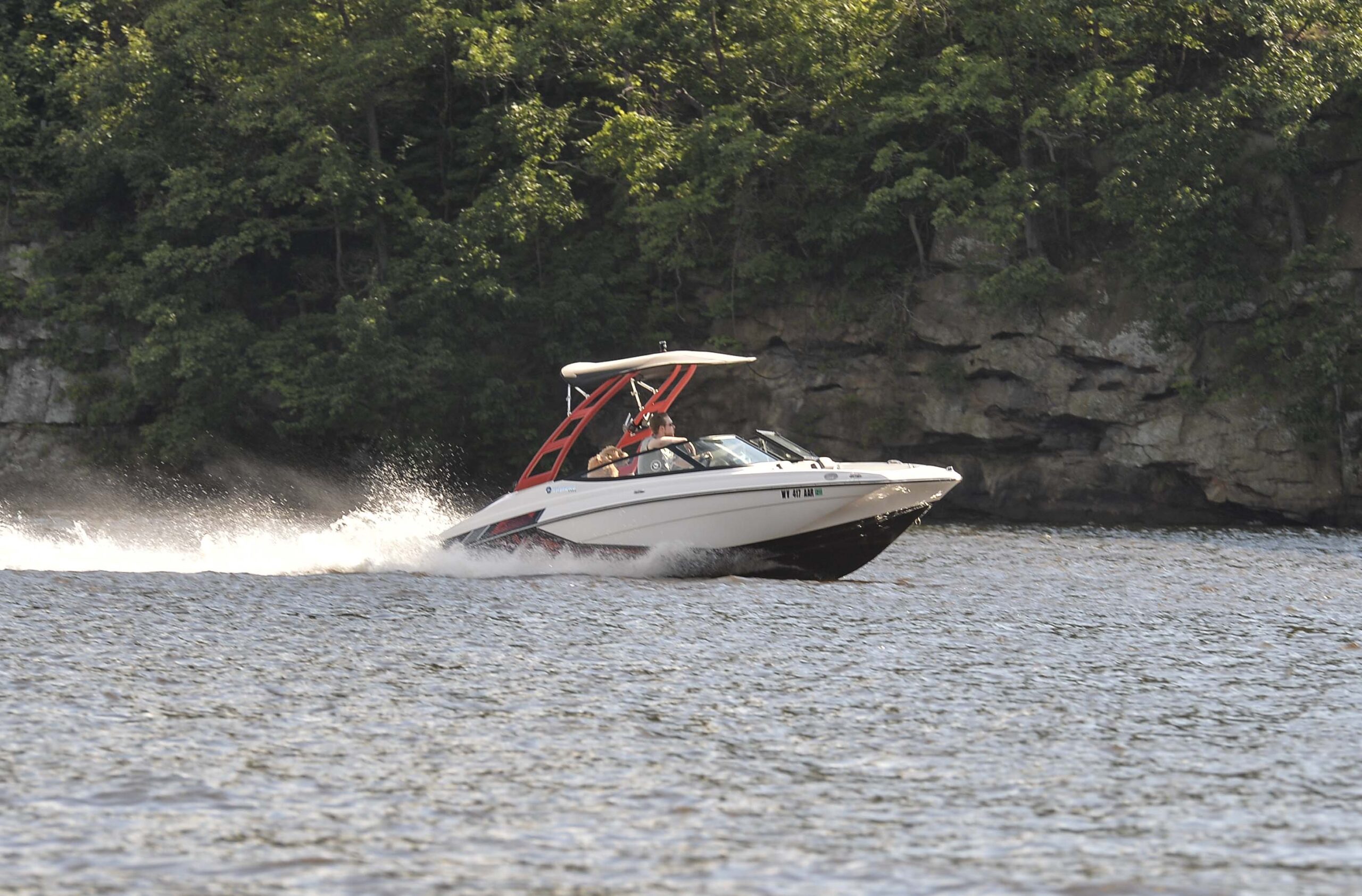Alcohol use is the most-known contributing factor to fatal boating accidents, being involved in 23% of boating deaths in 2019, according to the U.S. Coast Guard.
The BAC limit for operating a boat is .08, the same as for driving a car, Lt. Brad McDougal of the West Virginia Division of Natural Resources said.
But driving a boat isn’t like driving a car, he said. The waves bounce you around, the glare strains your eyes all day and the constant rocking and sun wear the body down, so even a small amount of alcohol can have more of an effect than normal.
The WVDNR actively patrols the state’s major waterways including the Monongahela River and Cheat Lake, McDougal said.
Acting like “drunken fools,” even as passengers, can result in disorderly conduct or public intoxication tickets — the rules of society apply just as much in the middle of a lake as they do on land, McDogual said.
Anyone born after Dec. 31, 1986, needs to take a boating safety course in order to operate a boat. It costs about $30 and WVDNR-approved classes are available at wvdnr.gov.
The exception to that rule is rental boats.
At Sunset Beach Marina, a boat operator must be at least 25 years old, have a driver’s license, and agree to be fully responsible for the boat, manager Riley Steeber said. Other rules include no pets, no smoking, no alcohol, no tying the boat to another, and no more than 10 people on board.
Steeber said a marina employee also gives the renter a class on how to drive and goes over boating safety. Employees at boat liveries, as places that rent boats are known, are trained each year by a regional training officer from the DNR, McDougal said. The liveries themselves are licensed.
McDougal said all boats need a Coast Guard-approved personal safety device for each person on board. Boats with a gas line that runs through an enclosed department need a fire extinguisher, and boats over 16 feet need a throwable flotation device. Steeber said Sunset’s rental boats come with all required safety equipment, which is pointed out during the safety class.
When stopping at night, the boat operator must turn its bow lights, or red and green running lights, off while leaving the stern light, which is white, on. That lets other operators know a boat is stopped, McDougal explained.
Boaters generally follow the “rules of the road” even though it’s on water, McDougal said. That means stay to the right when passing approaching boats and overtaking on the right “just like Rt. 250.”
No wake zones — essentially parking lots of the water — need to be observed.
Speaking of wakes (the water pushed out in waves by a boat’s motor): Jumping them on personal watercraft — commonly known as jet skis — is illegal, McDougal said. Doing so can result in a ticket for negligent operation by a DNR officer.
TWEET @DominionPostWV




